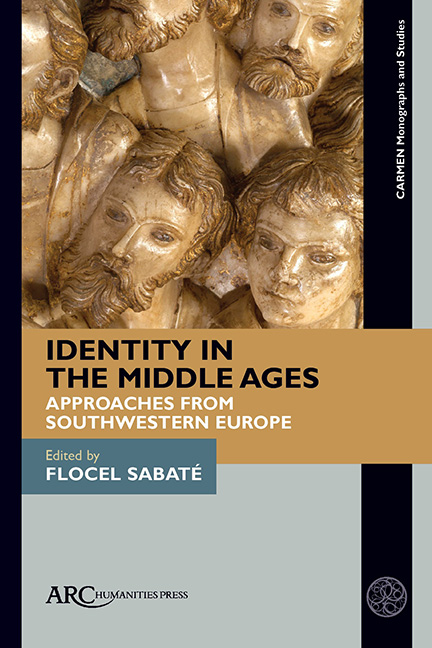Book contents
Chapter 20 - Celebration of Identity in Thirteenth- to Fifteenth-Century Florence, Milan, and Venice
Published online by Cambridge University Press: 20 January 2022
Summary
The problem of theatrical historio graphy is that of circumscribing its own object: which means building its boundaries, that is, not giving them for known and acquired, but precisely building them, determining the boundary zones from time to time. Which are imprecise, indefinite areas of intersections.
THIS QUOTATION FROM Fabrizio Cruciani expresses the efforts made in theatre studies, over the last seventy years, to create an original methodological approach no longer focused on the central position of a dramatic text, as the field has been conceived since the nineteenth century. The result of these efforts is the identification of practical methods capable of overcoming the specific contradiction of theatre studies, which is the lack of a hermeneutic object because, being an event, theatre is by its nature ephemeral. Clues can be found later, whether literary, documentary, figurative, narrative, or financial, but these cannot, in any way, restore the integrity of the event.
Unlike the description of festivities and rituals, or efforts to reconstruct archaeologically possible theatrical productions of well-known dramatic texts, always somewhat hypothetical due to the fragmentary nature of the documents, “new” theatre history, developed in Italian universities since the mid-1960s, has tried to define new links and well-conceived methodologies, while also undertaking research into production processes.
This new hermeneutic horizon gave value to the performing arts as a system and network. To this end, it is important to individualize and study the institutions that promote or support the performance, symbolic languages, procedures, modalities of communication, the use of space, and literary and figurative elaborations (recognizing the contiguous forms of expression and indoctrination developed by local political and ecclesiastical cultures: preaching, literature, and typo logy, among others). This study also includes analyzing the purpose and type of spectacle, to enhance perspectives and enlarge the quantity and quality of questions asked of the sources, rather than just analyzing the sources themselves.
The latest research into medieval and premodern theatre has contributed new cognitive elements to better understand our idea of medieval festivities. At the same time, it has made more pressing the problem of distinguishing between theatrical acts and simple rituals or ludic events. The specific notion of theatre has become increasingly more extensive and overcomes the identification with the dramaturgic work to include fluid, composited, and varied acts, rather than mere dramatic performances.
- Type
- Chapter
- Information
- Identity in the Middle AgesApproaches from Southwestern Europe, pp. 407 - 432Publisher: Amsterdam University PressPrint publication year: 2021



